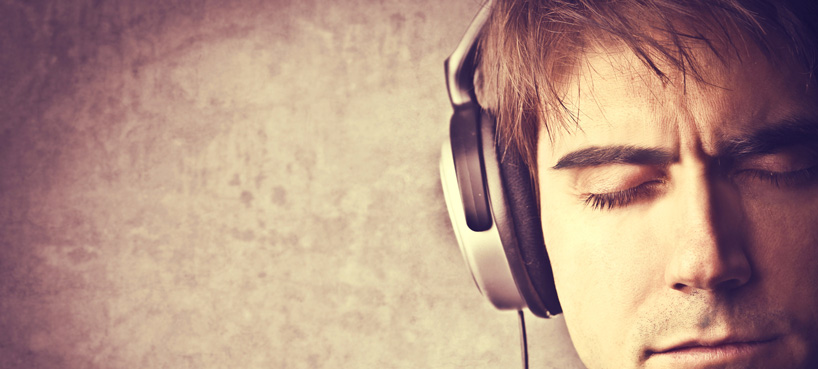An interview with Ande Schurr, a professional film and TV sound recordist
When it comes to producing a corporate video, one of the first things a business thinks about is what it’s going to look like. But what about the audio? Ande Schurr is a full-time location sound recordist with oodles of experience recording audio on everything from feature films, television programmes and documentaries, right through to kids’ TV and live sports games. Here he tells us why sound is just as – if not more – important, and what kinds of audio-related pitfalls to watch out for when producing your own corporate video.
Hi Ande! Tell us a bit about what you do and what you’ve done.
Hi! I’m a freelancer who’s available on a day-by-day basis for any kind of mobile or location sound shoot – TV, film, corporate video or nature recording. I enjoy being with a crew. Often I will know at least one of the crew since we are not a very large industry and it makes for a stimulating and fun day working hard to ‘make the day’ as they say in film language.
I’m working on a kids puppet show called The Moe Show at the moment which takes me around New Zealand with a talented group of people. The last most memorable job was a feature film I worked on at the end of last year called Born to Dance. It will be New Zealand’s first hip-hop dance film in the same genre as the popular Step Up films in the US. Working with groups of well-trained dancers who are warm, team-focused individuals is very special and flies in the face of the usual narcissistic actor stereotype. As for the future, I’m looking forward to a trip end of March with NIWA on their research vessel to the Chatham Islands researching deep sea coral.
What first got you excited about working in the audio industry?
I’m glad you asked that question because without the enthusiasm, professionalism and generous nature of BBC-trained sound man Mike Westgate, who would give guest lectures at my film school, South Seas, I would not have come to where I am now. He is a very accomplished sound mixer for international films such as Merry Christmas, Mr Lawrence and more recently, Mr Pip. He showed me how to enjoy the day and the aberrant filming situations we find ourselves in with all manner of people so that instead of stressful, it became just part of what we do.
It wasn’t sound as such that got me interested, but the whole process of the technical components mixed with the personable elements just really hit home with me. We are, so to speak, in the face of actors every day as we put microphones on them, and stand close to them when we hold the boom microphone so I find the whole experience as one that cultivates a delicate mix of intimacy and professionalism.
People tend to focus a lot of attention on how a video or a movie looks rather than what it sounds like. Why should we pay more attention to audio?
My feeling is, if you cannot hear the video’s message clearly and cleanly without distracting ambience or background noises, your mind will automatically relegate it to a shoddy, student production and not take it seriously.
Sound travels into the mind in a way that images can only dream of. Radio came before moving pictures and I think that mentality of conveying story through sound has never really left us. I’m not creating music of course, I’m just recording the dialogue, but it’s also the breaths and sighs and other subtle auditory queues that accompany the visual performances and make us feel something for the talent even if it’s just we ‘believe’ them.
If you had any audio-related advice for business owners looking at producing a corporate video, what would it be?
Firstly, if you have a little extra in the budget, hire a dedicated sound recordist. I have to say that! Even if you have dialogue for only a few parts of the script, hire the ‘soundie’, as they are affectionately known as, for half a day and then, when they have gone, and you’ve finished with the dialogue, the camera mic can capture the ambience of the other shots you want to get in and around your business.
Use radio mics with lapels to get the cleanest sound in busy streets or shops. Don’t worry if the lapel is showing on the outside of the talent if it means getting very good sound compared to a hidden mic that rubs on the talent’s shirt.
Listen back to it before you move on. Does it sound crisp, close, clean? If not, try again and don’t be afraid to tell the sound recordist that it’s not good enough – although the problem might be too much noise in the shop.
Ande Schurr is a sound recordist available for work on film, TV and corporate video production. For more information about the services he offers, check out his website, connect with him on Linkedin, or follow his blog.




